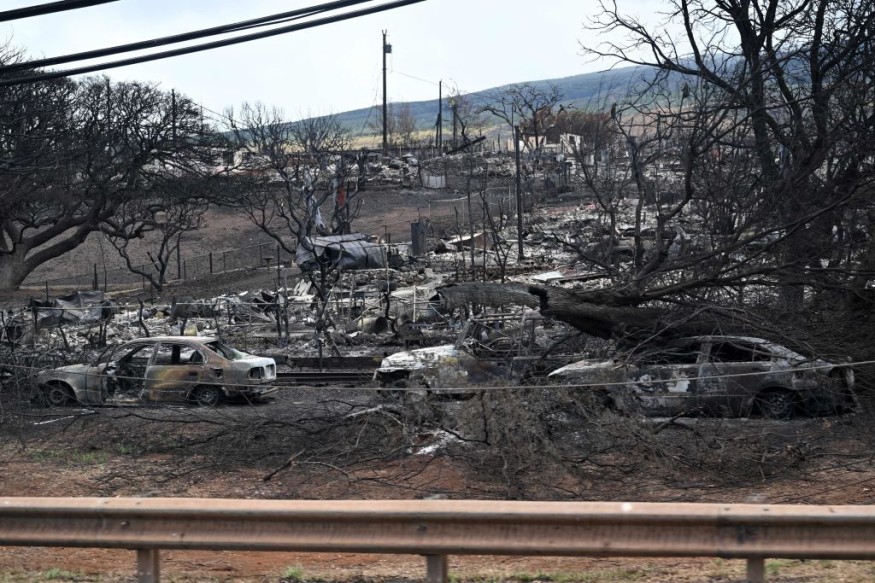
Experts have warned that the extreme weather events, like flashfloods, wildfires, and the heat waves, which are being encountered by many countries at present could be a norm within a decade.
According to climate scientists, the heatwaves, wildfires as well as the floods experienced in most countries were considered to just be the "tip of the iceberg," as they warned that worse weather phenomenon could take place in the future.
They warned that in just a decade, the extreme weather events of 2023 could be considered as normal, unless there will be a dramatic increase in measures of addressing climate crisis.
Rise in global temperature, fossil fuel
The occurrence of the El Niño phenomenon has boosted the rise in global temperatures. July has been considered as the hottest month on record, with scientists saying that the planet has been entering an era of global boiling.
The recent increase in global temperatures was very evident as record-breaking heat conditions have been unfolding in parts of Europe and the United States. Further, heat wave and wildfire records have been broken around the world this year, from North America to Europe, and even in Asia.
Scientists have explained that climate models have accurately predicted this increase in global temperature because the human-induced greenhouse gas emissions have spiked. Still, a number of experts have mentioned the difficulty that they have been experiencing in projecting extreme weather events.
Dr. Raúl Cordero from the University of Santiago in Chile said that the public seemed to partially blind on what to expect for extremes climate events.
Meanwhile, another expert, Dr. Rein Haarsma of the Royal Netherlands Meteorological Institute, stressed and warned that the extremes being encountered could induce tipping points such as the collapse of the Atlantic meridional overturning circulation as well as the melting of the Antarctic ice sheets.
Haarsma said that these weather events could have devastating impacts.
Amid these weather events, experts have called for slashing the burning of fossil fuels down to zero.
According to the United States Environmental Protection Agency, when fossil fuels are burned, they release nitrogen oxides into the atmosphere, which will then contribute to the formation of smog and acid rain.
The most common nitrogen-related compounds emitted into the air by human activities are collectively referred to as nitrogen oxides. Scientists explained that the presence of excess nitrogen in the atmosphere in the form of nitrogen oxides or ammonia could be deposited back onto land, where it washes into nearby water bodies.
These excess nutrients will then contribute to pollution, harmful algal blooms, and oxygen-deprived aquatic zones. Studies have found that excess ammonia and low pH in these areas are toxic to aquatic organisms and can adversely affect their survival.
Underestimating the effects?
According to experts, it seems that the public have been downplaying the impacts of these weather events.
They said that governments of countries should not only make empty promises but they should commit to fulfilling their obligations to protect the condition of the planet in the future.
Further, people should also learn to adapt to unavoidable impacts as well as to address the loss and damage caused by climate change in vulnerable nations.
Related Article : July As Hottest Month: Intense Global Heatwaves To Bring Health Risks
Related Video:
© 2025 NatureWorldNews.com All rights reserved. Do not reproduce without permission.





